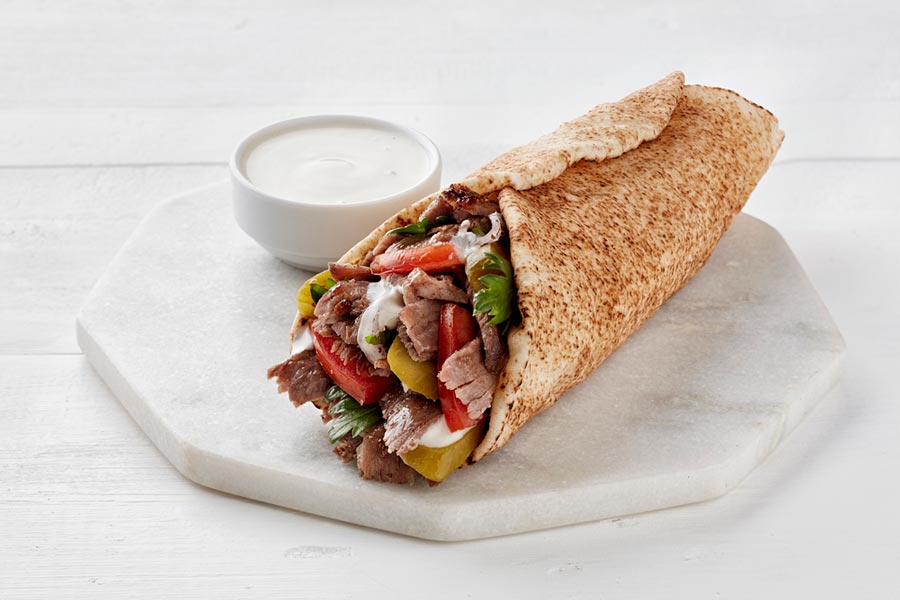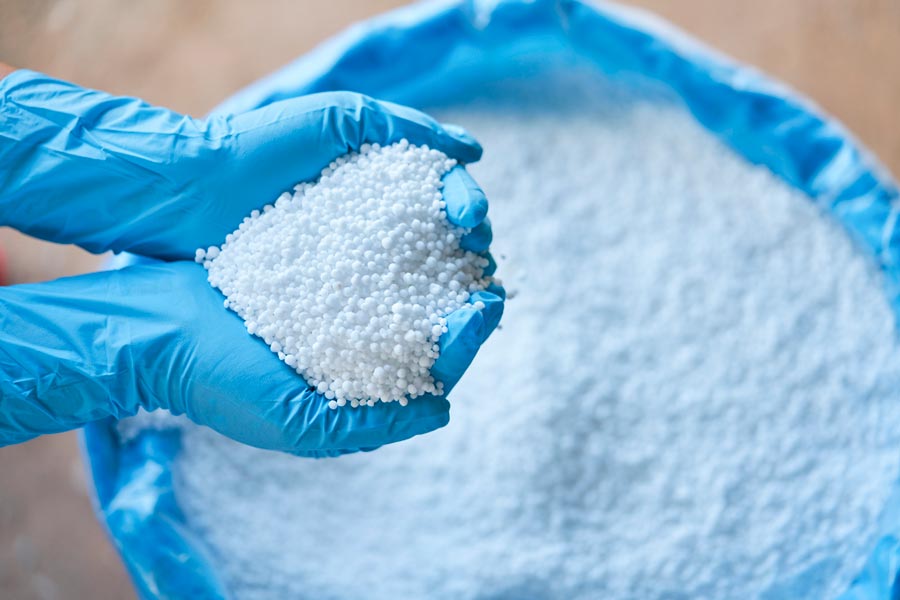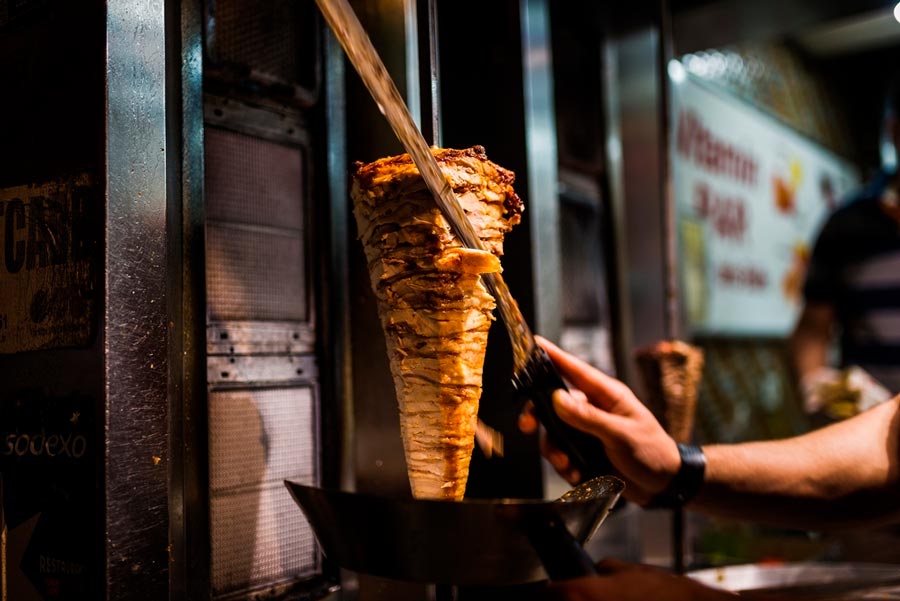Used as an additive it improves its appearance, flavor, and consistency, but its excess in the diet leads to heart and kidney problems.

The European Parliament itself has been forced to disprove the latest viral talk: that the EU is considering banning kebab. What has happened is a rejection of the Health Commission of the European Parliament to the proposal to liberalize the use of phosphates as an additive for the meat with which they are prepared. The norm will be voted in the Eurochamber at the end of the month. These are the keys to the controversy.
What are phosphates?
The phosphates are salts of phosphoric acid and occur naturally in food, especially in protein-rich animal meat, milk, and cheese. Phosphorus is the second most abundant mineral in the body behind calcium. And as the great wisdom indicates, it is fundamental to the growth and the formation of the bones, as well as for a correct neurological functioning.
The problem is that our body needs an insufficient supply of phosphorus through food. The recommendation does not exceed 700 milligrams a day for an adult when the modern diet contributes an average of three grams. In the case of natural phosphates, the intestine absorbs a part with difficulty and eliminates the rest. The problem is in those used artificially as additives, preservatives, and flavorings: they are incorporated more easily producing accumulations.
Why are they added to the meat?

Phosphates fulfill three functions in prepared meat. In the first place, they retain the water, which allows preserving its juiciness and volume after being bottled and frozen. They maintain the stability of the proteins, preventing them from falling apart, which is essential for skewered and skewered meat. Also, they preserve color and flavor in a way that is more appetizing for the consumer. Thus, they can be found in the meat of kebab stalls in non-EU countries.
The proposal raised to the European Parliament raised the use of phosphoric acid, di and triphosphates and polyphosphates ( E 338-452 ) in kebab whether from lamb, veal, beef or poultry. One of the arguments of the Health Commission to reject it is that the famous E 338-452 should be included in the labeling of the product if it is allowed. But kebabs are tasted freshly made, with no warning about their ingredients.
What are the effects on health?
The representatives of the Socialist and Democrat Group in the Eurochamber referred to the studies that link the consumption of phosphates to higher cardiovascular risk, an increase in blood pressure and a higher incidence of heart diseases. The European Food Safety Agency (EFSA) had not found a definitive link between the intake of phosphates and these infections in 2013, but two other contemporary studies reject their conclusions.
The excess of phosphorus also translates into kidney problems, since the kidneys are responsible for processing it and eliminating it through urine. If a diet rich in these additives can end up causing kidney failure in a healthy person, someone in a population at risk as those over 70 is a severe problem. Taken together, a diet rich in phosphates has been linked to premature aging and more cases of early death.
Are there phosphates in the meat we eat?

Phosphates as meat additives are prohibited as a general rule in the European Union. However, over the years ‘ exceptions ‘ have been introduced for some products, often after the excuse that it is “traditional preparations,” such as British breakfast sausage and burger meat, bräte sausage filling German, the kielbasa in Poland and the Czech Republic, or the Christmas roast in Finnish style.
A recent study by The European Consumer Organization detected phosphates, however, in products that were not “traditional” and had accepted the typology of the permitted cases. In other cases, the phosphates had reached the meat by transmission in marinated preparations, “a gray zone of legislation.” And in some cases, the producers had skipped the ban on using phosphates plainly.
And where does the loop of ‘ban the kebab’ come from?
Like so many other fake news in times of social networks, a mixture of disinformation and ‘broken phone.’
German kebab meat producers and traders have argued that they needed to liberalize the measures to remain competitive with their product. When the European Parliament opposed, the tabloid newspaper Bild called the decision “threatening döner kebab restaurants with closure. “ The users in the networks cried out against the “prohibition” of the kebab and the confusion extended throughout the weekend.
